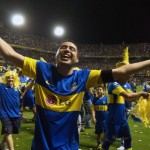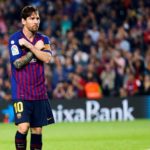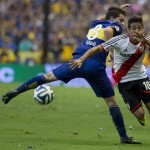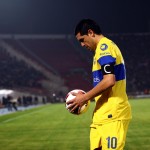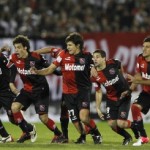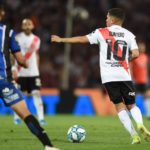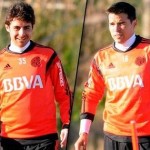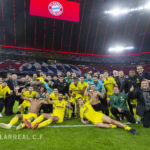Who are you staying with, Pablo Aimar and Juan Roman Riquelme?
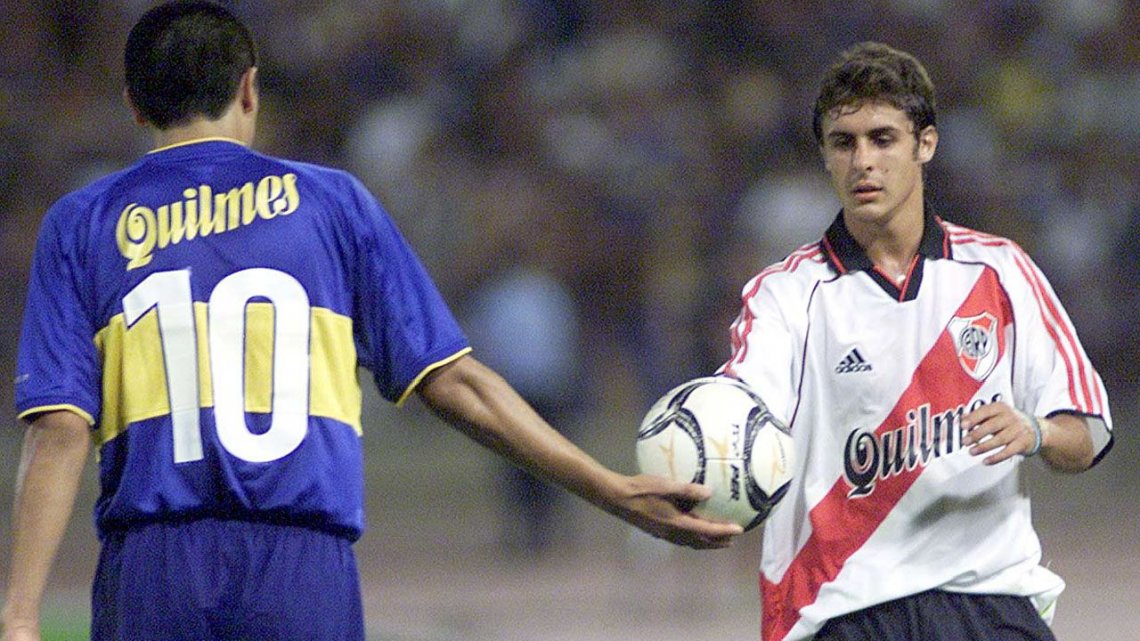
Last update 21 March, 2022 por Alberto Llopis
Pablo Aimar or Juan Román Riquelme? At the beginning of the new millennia, two Argentine talents stood out in their country's football. One was the idol of Boca Juniors and called himself Juan Román Riquelme. The other was Pablo Aimar, the flagship of River Plate and one of the bullets “millionaires” with Javier Saviola. In your hands, Argentina could boast at that time of having two men of the future, of the cracks.
Pablo Aimar or Juan Román Riquelme?
Riquelme (1978) represented control, The technique, the leisurely game, The tricky pass, arrival on second line, genius in free-throws, the character. Aimar I preferred speed, change of pace, the last pass, the difficult easy and the impossible possible. Both as good 10, with a special gift to keep the ball.
Sin embargo, time has passed and it is time to check what the two have had a successful career: Topo Gigio and the Clown. Riquelme returned to Boca with 35 years after an unfortunate time in Barcelona and a successful path in Villarreal. 51 international caps and Olympic champion with the albiceleste in 2008, JR got to add 3 Boca Libertadores and Intercontinental plus 5 Argentine leagues. He retired 25 of January of 2015 en Argentinos Juniors, the club where he had started his career.
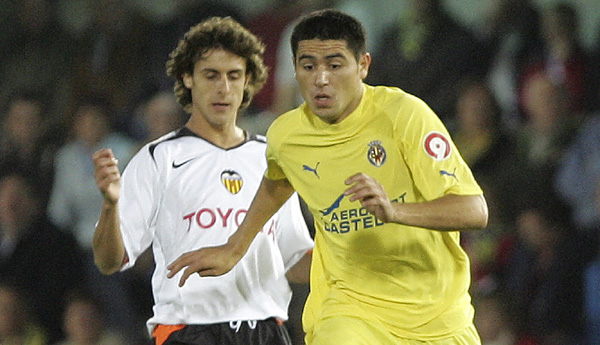
With Villarrealm Juan Román Riquelme was twice proclaimed Intertoto champion and a Champions League semi-finalist, where an error prevented his having reached the final. Quizás, was the senior what else has resisted him with one mundialista presence paid off with a quarter-final in Germany 2006 and two Copa America untitled taste.
“Vamos Pablito Aimar que la gloria volverá”
“Vamos Pablito Aimar Que la gloria volverá. Like Kempes and the Louse. Another immortal kid” prayed the song that the Mestalla faithful sang to the Argentine during his time at Valencia where he became an idol.
Pablo Aimar (1979) He soon emigrated from River Plate where he won five leagues to go to Valencia where he spent five seasons in which he won two leagues and a Europa League.. Zaragoza and Benfica ended his career in Europe that earned him to be summoned 41 sometimes with Argentina, playing two World Cups and win another Olympic gold, in this case Athens 2004. A special player to injuries and lack of goal closed the possibility of having done something bigger. He retired at River Plate in 2015, same year as Riquelme but he returned in 2018 to play a Cup match with Estudiantes de Río Cuarto, the team of his childhood and in which his brother played.
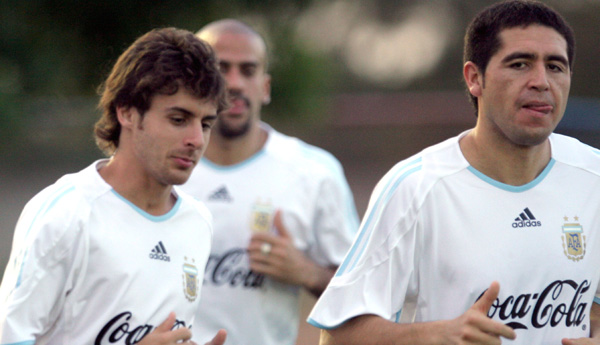
Riquelme, Aimar, Aimar, Riquelme, both mounts, mounts such. So different and so different at the beginning and end of their careers but with something in common: possibly the last great hooks that South American football has given.

